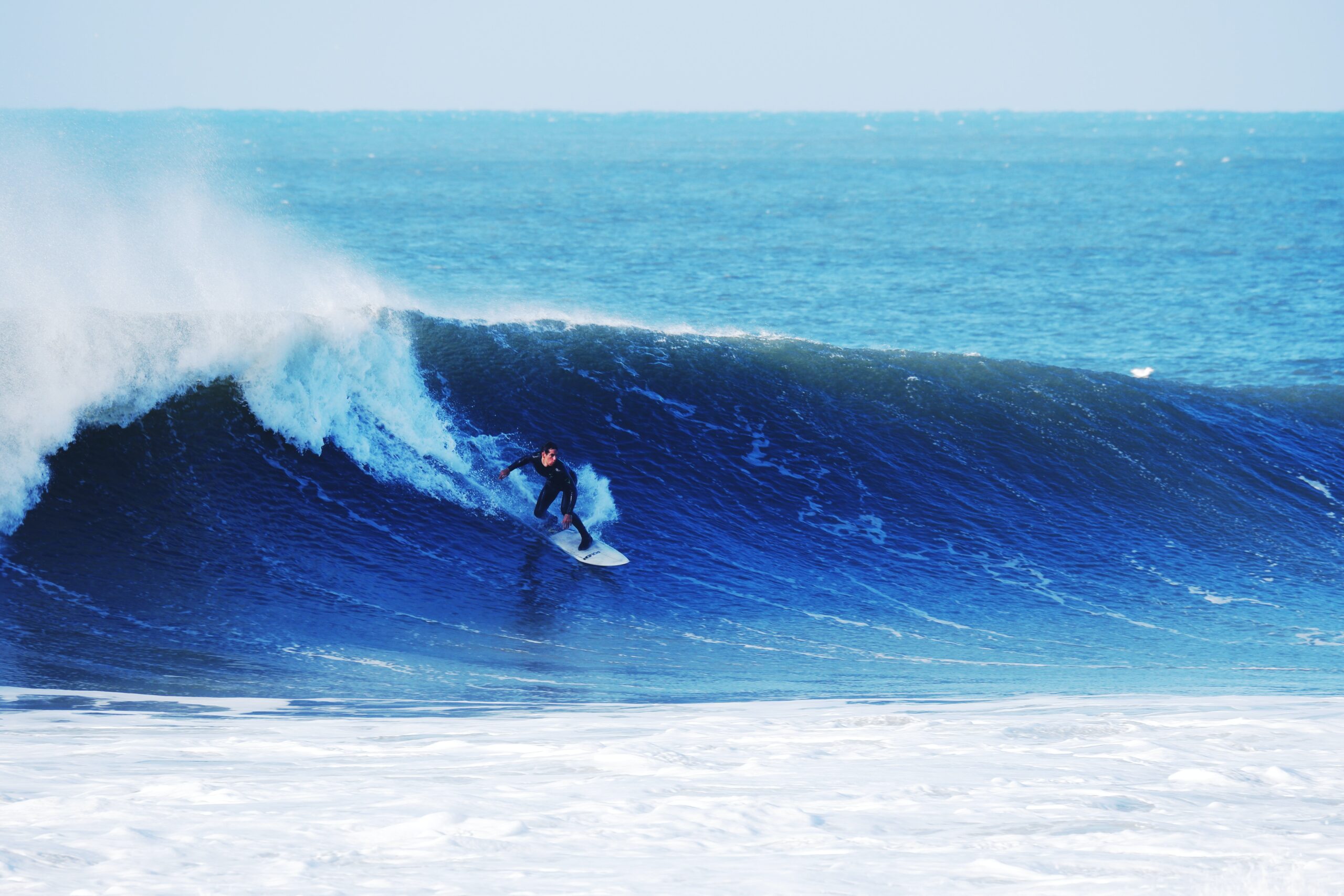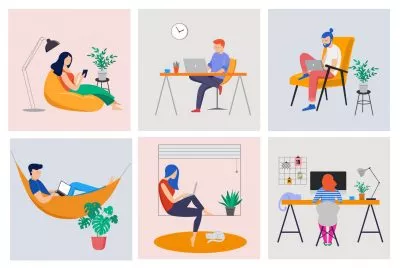Deliberate rest as an approach to greater creativity
“We shouldn’t regard rest as a mere physical necessity to be satisfied grudgingly; we should see it as an opportunity. When we stop and rest properly, we’re not paying a tax on creativity. We’re investing in it” (Alex Soojung-Kim Pang author of Rest: Why You Get More Done When You Work Less)
‘Get your f**king ass up and work… it seems like nobody wants to work these days.’ Kim Kardashian’s much mocked and maligned wisdom for women in business.
Amongst many valid criticisms highlighting Kim’s wealthy upbringing and inherent privilege, considerable research suggests the inverse is in fact true. People ARE working, and frequently overworking. Case in point, a 2019 study conducted by The Australian Institute which found “respondents [worked] an average of 4.6 hours of unpaid labour per week… [translating] into an annual average of 240 hours of unpaid overtime per year across all forms of employment” or the equivalent to “more than 6 weeks of unpaid work per worker per year.”
Overwork is often romanticised in modern society. A bombardment of hustle culture and rise and grind mindsets burrowing into our psyche, shaping what it is we believe it takes to be successful. Anat Lechner, clinical association professor of management at New York University speaking to this growing phenomenon surmises: “We glorify the lifestyle, and the lifestyle is: you breathe something, you sleep with something, you wake up and work on it all day long, then you go to sleep, again and again and again”. These self-sacrificing sentiments help foster a wave of burnt-out workers, whilst actually being a counter to productivity and creativity. A 2016 survey of over 18,000 people from more than 100 countries found that 68% of people feel they don’t get enough rest. Rest has long been linked with extensive physical health benefits, yet the mental rewards (particularly with regards to creativity) are just as compelling.
Although, all rest is not created equal in the pursuit of greater creativity. The concept of physical rest (i.e., active behaviours such as rock climbing, pottery, or surfing) is most effective in garnering this desired cognitive euphoria. Passive rest (such as lying on the couch binging Netflix), whilst holding a rightful place in a healthy, balanced routine, isn’t as impactful. Key to this idea is allowing yourself to detach completely. This provides a platform for the Default Mode Network (DMN, or subconscious) to mull over the problems and complexities of work beyond your active mind, unlocking creative or innovative solutions which are often blocked by overthinking (and a lack of appropriate rest).
“While one is relaxing or daydreaming, the brain does not stop working. A neural network called the default mode network (DMN) is engaged and many important processes are occurring. Even in this resting state, the brain consumes about 20% of the body’s energy production. The brain uses only 5 – 10% more energy during deep concentration… People produced novel innovative solutions to problems during this relaxed state… It appears that for many people, “wasted” moments of being lost in thought, are actually resulting in the opposite effect of generating creativity and important insights” (Forbes 2019)
Many of history’s greatest thinkers attribute periods of active rest away from their career pursuits with moments of clarity and certain work breakthroughs. Winston Churchill famously painted as an escape from his stress-inducing political ventures and praised its restorative capabilities, as he describes in his book ‘Painting as a Pastime’:
“It is no use saying to the tired ‘mental muscles’…”I will give you a good rest”, ‘I will go for a long walk’, or ‘I will lie down and think of nothing’. The mind keeps busy just the same. If it has been weighing and measuring it goes on weighing and measuring. If it has been worrying, it goes on worrying. It is only when new cells are called into activity, when new stars become the lords of the ascendent, that relief, repose, refreshment are afforded”
A critical component is to be deliberate about such rest. Being cognisant of the associated benefits to one’s workload, ensuring we get an appropriate amount of rest each day, permitting creative endeavours to flourish. As author Alex Soojung-Kim Pang explains on The Artists of Data Science Podcast, “The idea of deliberate rest is that it is possible to incorporate periods of rest and hobbies into your daily routine in ways that both increase your capacity for work, that help you become more creative and also does help you have a better life.”
Pang proposes some strategies to better follow through with deliberate rest, to get the most out of your work, including:
- Setting a structured work routine with time allocated to active rest
- Layering efforts of work with periods of rest
- Doing deep work at your peak (for many this is the first 4 – 5 hours of the workday)
- Seek physical rest activities which stimulate similar challenges and rewards as work without the frustrations
“For people who are doing deep creative work, this is really, really important because very often, some critical piece of a puzzle, or new insight or approach to a problem comes through that process, right? Not through banging your head on the whiteboard for hours and hours” (Alex Soojun-Kim Pang on The Sonya Looney Show)
By addressing the many fallacies of hustle culture and glorification of overwork, we may develop our understanding of deliberate rest and hopefully move towards a more balanced lifestyle. Through rest, our work can evolve as we begin to produce more creativity and ingenuity – not less as many may believe.




